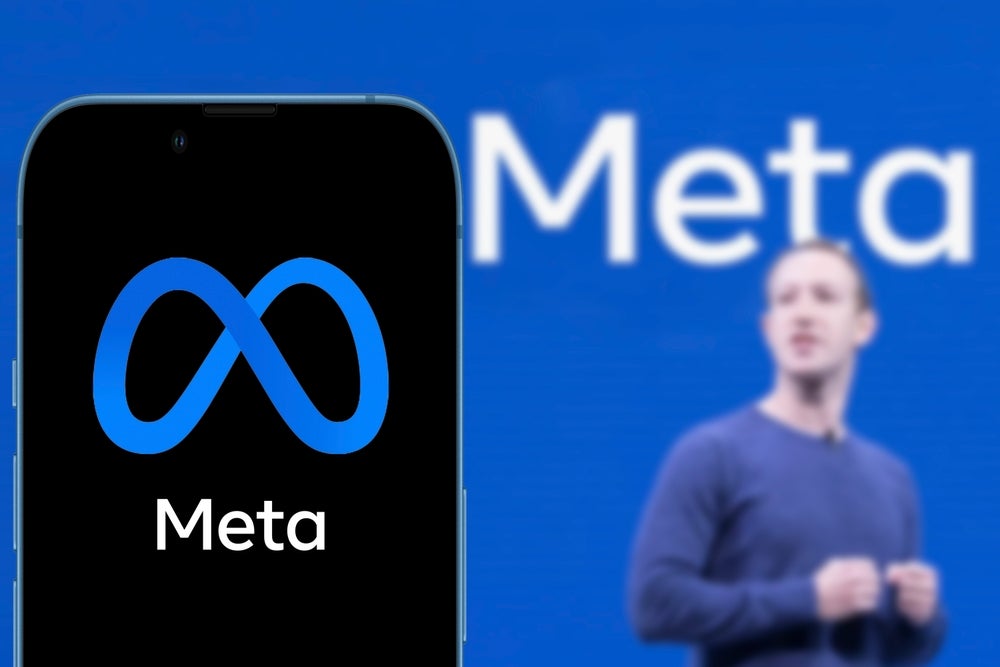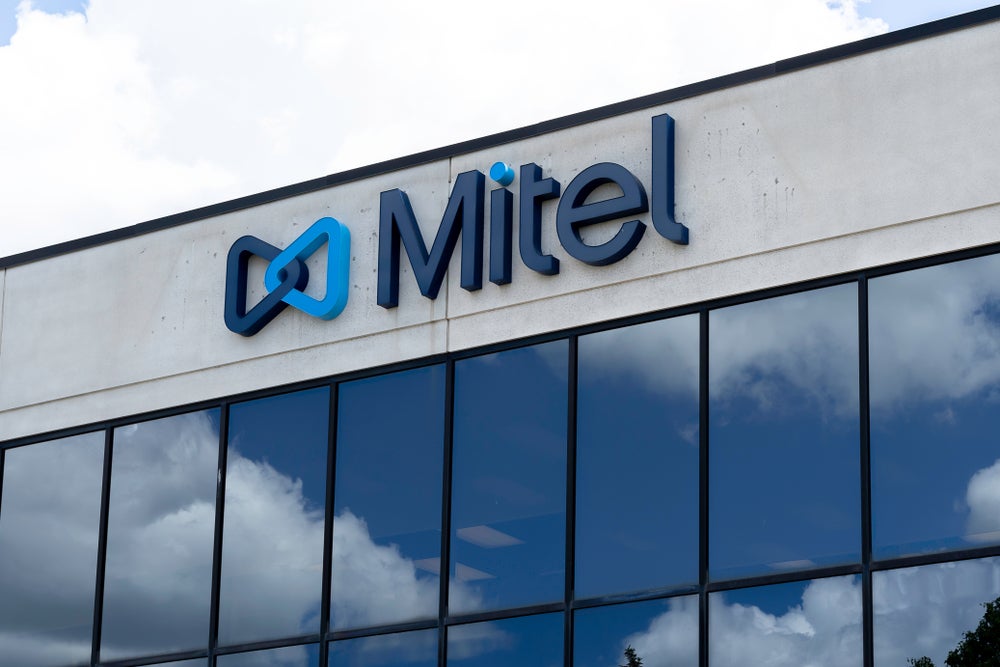
Rumours of the robo-job takeover have been circling for years.
A recent report suggested that almost 250,000 public sector jobs could be lost to robots in cost-cutting exercises over the next 10-15 years.

Access deeper industry intelligence
Experience unmatched clarity with a single platform that combines unique data, AI, and human expertise.
Microsoft founder and philanthropist Bill Gates has a novel solution to the issues of job losses due to automation. In an interview with Quartz, the tech mogul said robots who replace human workers should incur taxes equal to that of worker’s income taxes.
The idea is that governments should tax companies’ use of robots as a way to fund other types of employment. Gates told Quartz:
“Right now, the human worker who does, say, $50,000 worth of work in a factory, that income is taxed and you get income tax, social security tax, all those things. If a robot comes in to do the same thing, you’d think that we’d tax the robot at a similar level.”
The European Parliament recently rejected a proposal to impose a ‘robot tax’ on owners to fund support and retraining for workers displaced by robots. However, it did call for EU-wide legislation to regulate the rise of robots, such as an ethical framework for the development and deployment of the technology.

US Tariffs are shifting - will you react or anticipate?
Don’t let policy changes catch you off guard. Stay proactive with real-time data and expert analysis.
By GlobalDataGates said taxation is “certainly a better way” to handle the automation of jobs instead of simply banning innovation in these fields.
Alongside Gates, co-founder of Tesla and SpaceX Elon Musk has spoken out about ways to support human populations once robots become a larger part of the workforce. At the World Government Summit in Dubai, Musk said he believed the universal basic income (UBI) is a way to offset the threat to jobs by artificial intelligence.
Musk argued that governments must introduce UBI policies to compensate for the loss, reportedly saying: ““I don’t think we’re going to have a choice. I think it’s going to be necessary. There will be fewer and fewer jobs that a robot cannot do better.”
Finland is the first country in Europe to trial UBI. During the trial, 2,000 unemployed people between the ages of 25 and 58 will receive €560, around £477, a month for two years. This will replace unemployment benefit, but the recipients will continue to receive the cash whether or not they find work. The Finnish government hopes this will encourage those in the trial to attempt to find part-time work without the fear they will lose their benefits.
In the UK, Glasgow is reportedly the first city in the UK to pilot a UBI scheme. A council in the city is going to fund a £5,000 study into how the concept might work. Glasgow accounts for 18 percent of all workless benefit claimants in Scotland, according to the Scottish government.
Jamie Cooke, head of RSA Scotland, which is running the pilot, told the BBC:
“This decision by Glasgow City Council is an important moment for basic income in Scotland, and marks a significant step forward. We now have the opportunity to move the basic income conversation forward and identify practical ways to run a pilot which works locally and has global resonance.”
In addition, Fife Council has agreed to a similar pilot but has not decided on the details.







